Civil society in North East England is in good shape. Around 7,000 voluntary and community organisation and social enterprises serve the interests of their beneficiaries. Much of their energy comes from people who give their time and expertise as trustees and volunteers. More than 150,000 people deliver more than 10m hours of work at no financial cost to the region.
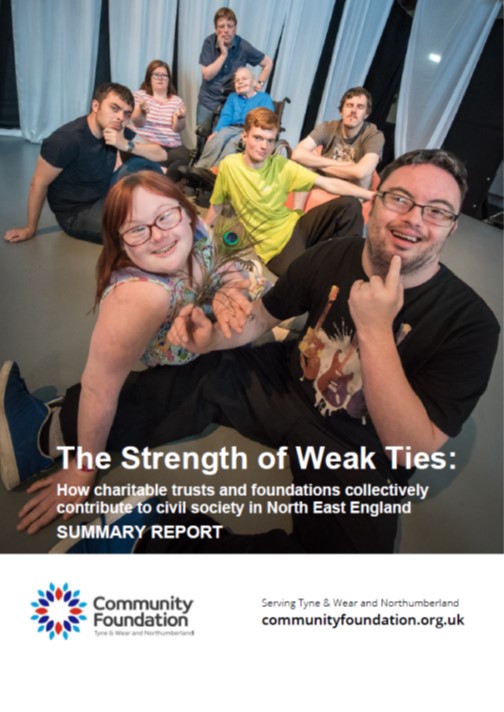
Charities need money too for wages, rent and kit to get things done. Some of these costs can be met from fundraising, endowments, investments, subscriptions, charging for services or delivering contracts. Only rarely can charities earn enough on their own to keep going. Grants provide a bedrock of additional funding for civil society.
More than 50 charitable trusts and foundations inject financial resources into civil society in North East England. Each year, well over 4,000 grants are awarded with a combined value of at least £50m.
Charities tend to be ambitious and competitive and demand for grants outstrips supply. They must make ‘claims’ on what they regard as important priorities and ‘promises’ on what they can do to tackle these issues. And because so many voluntary and community organisations work in the same areas, on similar or inter-related issues, clear sector-wide priorities are hard to discern. Foundations face a difficult task. In the face of high demand they must make choices. So, they do not merely ‘serve’ civil society – they ‘shape’ it too.
Community Foundation serving Tyne & Wear and Northumberland commissioned this research in 2019. It involved in-depth work on 25 national and regional charitable trusts and foundations. Its purpose was to ask this question: ‘Should foundations work together much more closely, with shared strategic objectives in mind, to maximise the benefit to North East England from their collective effort?’
This report argues against too much formal and shared strategies because trusts and foundations achieve more by retaining their autonomy but working together in complementary ways or as good neighbours to one another.
The strength of weak ties: how charitable trusts and foundations collectively contribute to civil society in North East England, by Tony Chapman was published on 5th February 2020
All Third Sector Trends reports are available on the Community Foundation website which can be reached here
Here is a link to the full report: CFTWN Strength of Weak Ties (Full Report) February 2020
And you can read the summary report CFTWN Strength of Weak Ties (Summary Report) February 2020
A blog on the key findings can be found here

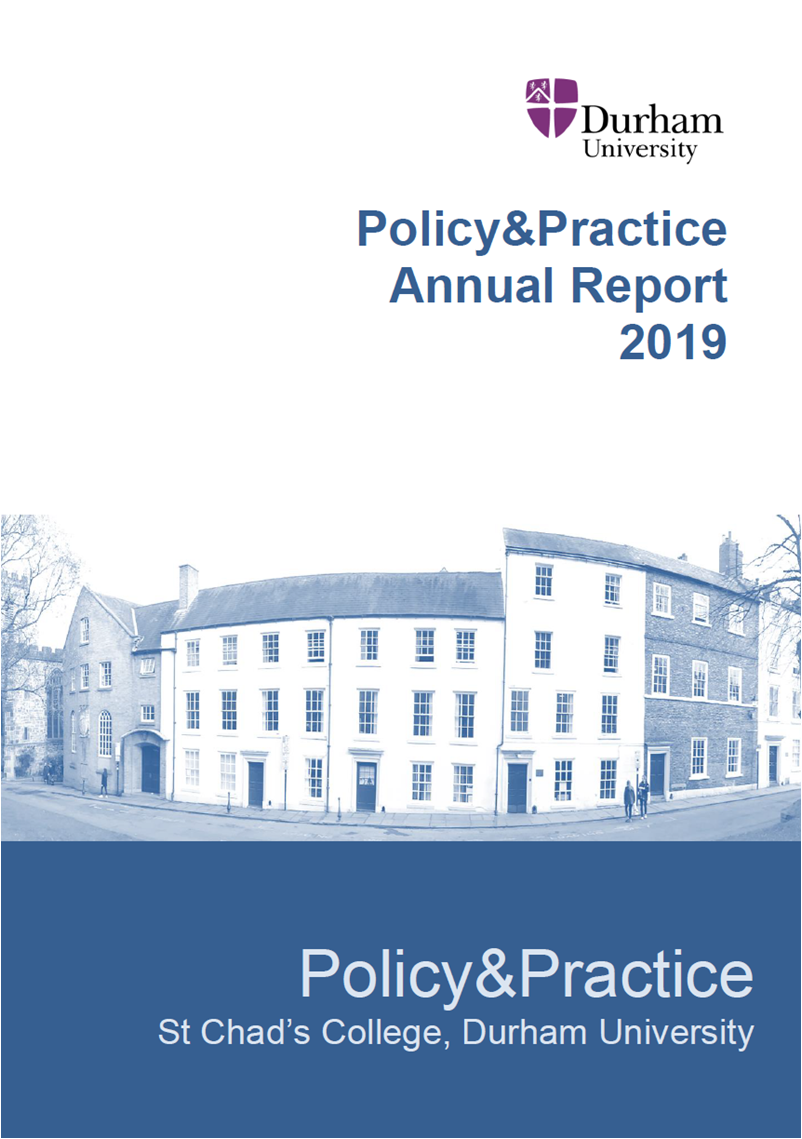
 ith over 1,100 returns. In Yorkshire, we have over 850 and in North West England, well over 1,000.
ith over 1,100 returns. In Yorkshire, we have over 850 and in North West England, well over 1,000.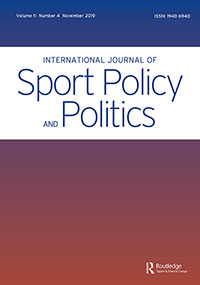 ips are configured between state and non-state actors.
ips are configured between state and non-state actors.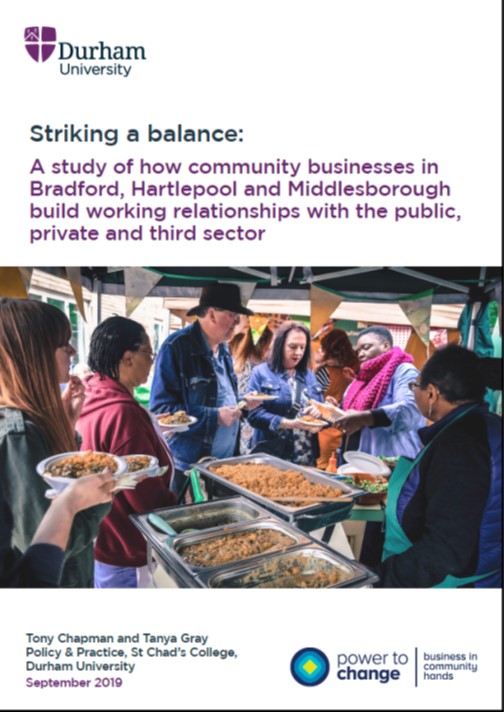
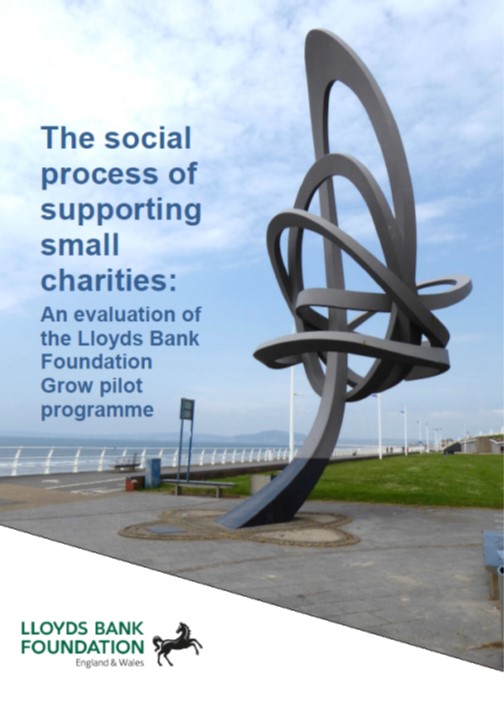 mmunity wellbeing. So it’s not surprising that governments and big charitable foundations have been attracted to the idea of helping build their capability to do things better and their capacity to do more of it.
mmunity wellbeing. So it’s not surprising that governments and big charitable foundations have been attracted to the idea of helping build their capability to do things better and their capacity to do more of it.
